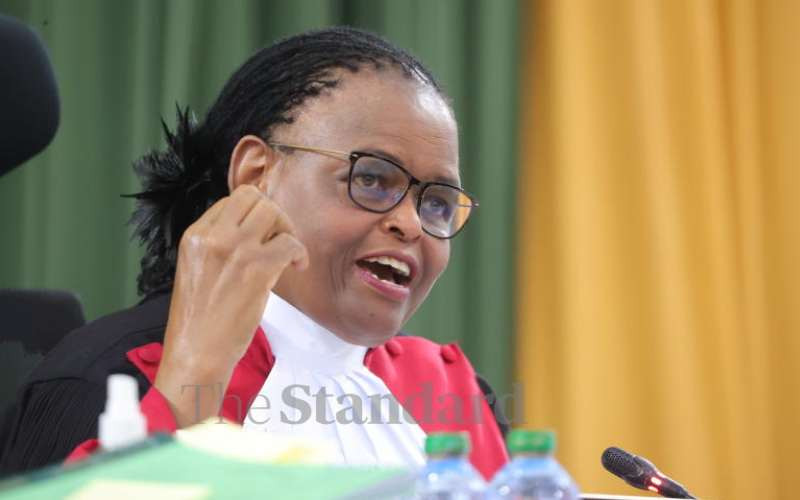×
The Standard e-Paper
Fearless, Trusted News

The Supreme Court will now have a final say on a stubborn matter that has dogged three regimes, the validity of the Standard Gauge Railway contract.
On Monday, the Supreme Court allowed an appeal by Kenya Railways challenging Court of Appeal's finding that the contract signed in late President Mwai Kibaki's regime was unconstitutional to proceed to a full hearing.